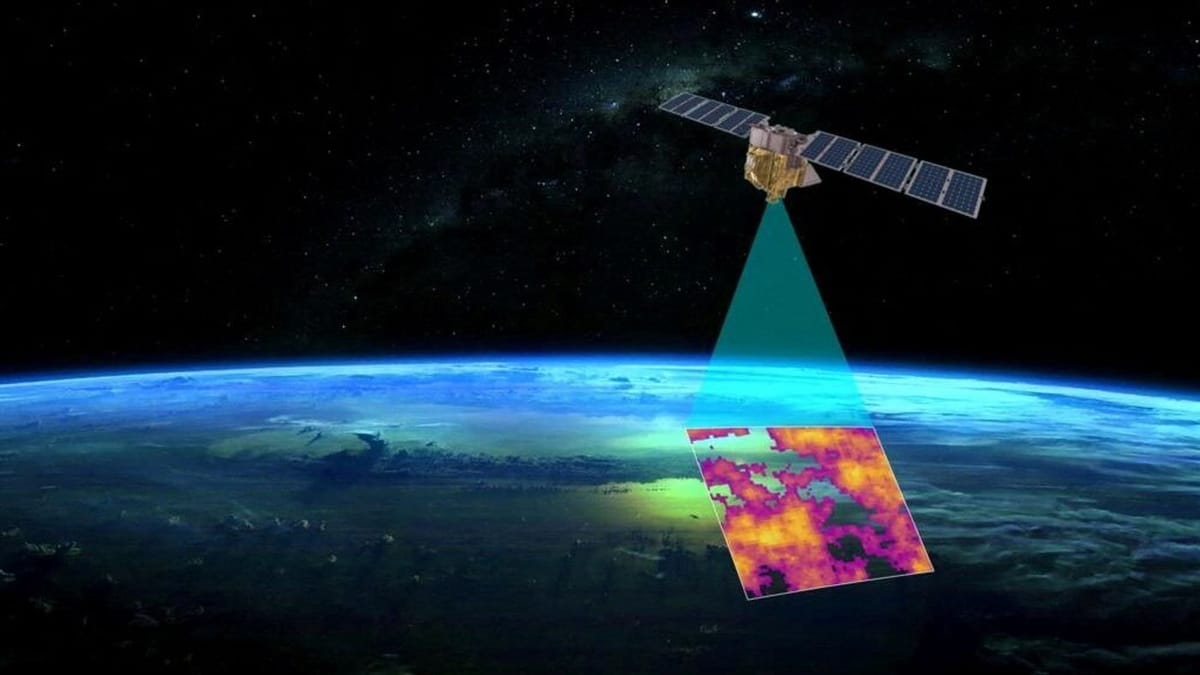In this week's brief, we explore actions to reduce methane emissions, new green investments in the US and the UK, and the positive impact of congestion pricing in London. Follow Tectonic on Instagram and LinkedIn for regular updates on the innovators and innovations moving climate ambition into action.
Mitigating methane emissions: Methane is 90 times stronger than CO2 at warming the Earth but leaves the atmosphere naturally in a decade. If we could eliminate all methane emissions from human activities, the level of methane in the atmosphere would fall to preindustrial levels in a decade or two and reduce global warming by 0.5 degrees Celsius. More than 150 countries have signed the Global Methane Pledge to cut methane emissions by 30% by 2030. Yet, all sources of methane emissions from human activities — including agriculture, landfills, and oil and gas development — are increasing. An essay in the Wall Street Journal from Rob Jackson, professor of earth sciences at Stanford University and author of a forthcoming book Into the Clear Blue Sky: The Path to Restoring Our Atmosphere, outlines innovations and actions that are emerging to measure and tackle emissions. Satellites like MethaneSAT and Carbon Mapper can detect super-emitters from space. Policies in places like Washington state encourage composting to keep organic matter out of landfills. And startups like Blue Ocean Barns use algae in feed for cows to reduce their emissions by 30-45%.
EPA announces new funding: The Environmental Protection Agency announced $4.3 billion for 25 new projects proposed by states, tribes, and local governments. The projects include programs to reduce agricultural waste and increase home and building energy efficiency in Nebraska, cut industrial pollution and create 6,000 jobs in Pennsylvania, decarbonize freight vehicles in Southern California, sequestration carbon through wetland preservation across Atlantic coastal states, and adopt renewable energy in Michigan. Collectively, the projects could reduce 971 million metric tons of greenhouse gas emissions by 2050 — roughly equivalent to the emissions of five million homes over the next 25 years.
Planet sets heat records two days in a row: This past Sunday was the planet's hottest day on record. That record was beaten a day later on Monday, with global average temperatures of 62.87 degrees Fahrenheit, marking the hottest day since records began in 1940.
“We are now in truly uncharted territory and as the climate keeps warming, we are bound to see new records being broken in future months and years.” — Carlo Buontempo, Director of Copernicus Climate Change Service
King Charles invests in offshore wind: The Crown Estate of King Charles III, which owns the UK's seabed, has partnered with a new state-backed company, Great British Energy, to scale offshore wind farms. The agreement could leverage as much as $77 billion of investment into renewables as the UK races to develop a zero-carbon electric grid by 2030.
Taxes on polluting cars drive cleaner air in London: The City of London released data this week showing that particulate matter and nitrogen oxide dropped significantly in the first six months after the city expanded its Ultra Low Emissions Zone. The improvement in air quality was equivalent to removing 200,000 cars from the road for a year.
Market makers work to advance green transition: A working group of businesses led by the Bezos Earth Fund is trying to build new markets to advance green commodities. The group, which includes participation from JP Morgan and environmental nonprofit RMI, will work to connect supply and demand for green commodities and plans to publish research in September on the scope of the opportunity, including in likely areas like green hydrogen, steel, cement, and sustainable aviation fuel.
“Markets for green fuels and green materials are at a nascent stage, and we have a lot of confidence that they are going to emerge and be cost competitive." — Paul Bodnar, Director of Sustainable Finance, Industry, and Diplomacy at the Bezos Earth Fund
Developing nations call for trillions in climate financing: On Wednesday, Brazil, China, India, and South Africa called for wealthy nations to channel trillions of dollars each year to support the green transition in emerging economies. Analysts estimate that between $1 and $6 trillion a year is needed to meet the Paris Agreement's goals and keep the planet on a path toward net zero.


